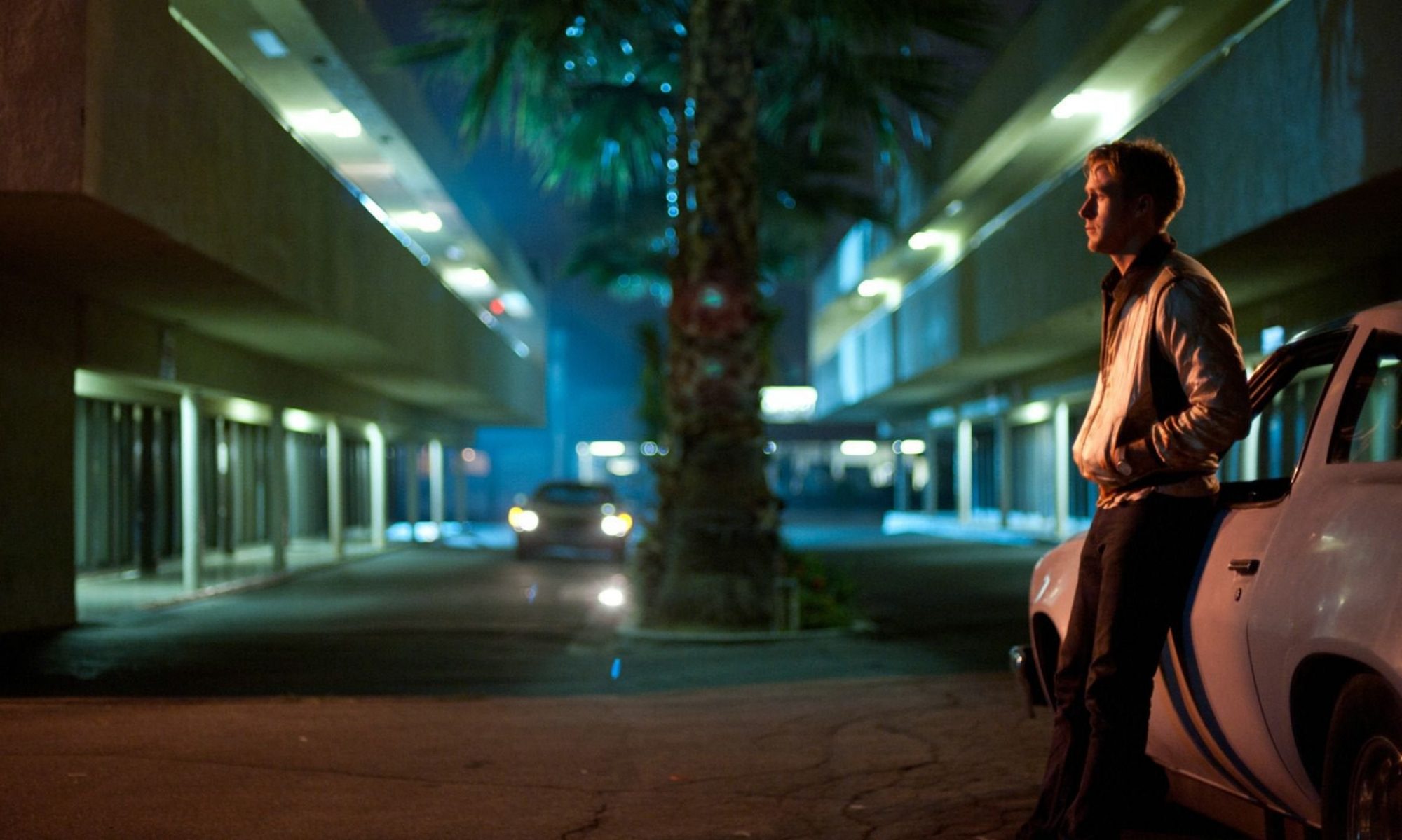You know that ending. You remember that ending. You remember the infuriating rage at not being provided with a clear-cut answer. Is it a dream? Or is it a reality? Why can’t you just show us if the totem fell or not, dammit? Christopher Nolan won’t let you know conclusively, so you’ll just have to come up with a load of wild theories and post them on the internet. These are readily available to analyse, of course. Maybe it’s Mal’s dream that Cobb is inhabiting. Maybe Ariadne’s manipulating the dream. We don’t know for sure.
Rewinding back to the beginning of this scene, we begin with Hans Zimmer’s masterful composition ‘Time’, as Dom Cobb awakes from the dream and dumbfoundedly stares at all of his satisfied comrades, slowly realising that the job was successful. He walks through the immigration checkpoint successfully, smiling as he sees father-in law Stephen waving and waiting to greet him. He returns home and spins Mal’s totem to double check he’s not in a dream, but sees his children and walks away to embrace them. However, the teasing camera cuts back to the spinning totem, panning to the object and slowly zooming in, but we’re never allowed to see the final result.
While the scene is already bolstered by a brilliant narrative progression in its use of imagery and editing techniques, ‘Time’ nonetheless plays a major part in cultivating the audience’s emotional response. After experiencing the loud brahms as the final parts of the dream world fall into place (Zimmer has subsequently voiced his regret in making the noise such a popular fallback in contemporary cinema soundtracks), the song initially represents the comparative calm of the atmosphere as Cobb wakes from the chaos, with quite sounds as the simple piano tune plays and the violins emerge into a louder soundscape. The composition recedes for a moment as Cobb is checked at the checkpoint, signifying both Cobb’s and our own anticipation – and subsequent relief – as the score rises once he’s safely through, with the addition of electric guitars (many of the film’s compositions with this instrument were played by Smiths guitarist Jonny Marr) after this point adding an extra level of euphoria. The work generally continues with the same level of gratification as Cobb carries on his victory walk, getting slightly grander as he saunters over to Stephen. It begins to relent, however, as Cobb sees his children, becoming toned down as that sneaky camera begins to focus on the totem, ending on a jarring notes as it teasingly cuts away.
Speaking to graduates at Princeton University five years later, Nolan refused to give any categorical answer on whether that totem falls or carries on spinning, observing that ‘our ideas of what is real and what is fake should not be so definitive’. He also described Zimmer as ‘a minimalist composer with a maximalist production sense’, a description that is perfectly articulated during Inception’s final scene. Zimmer himself spoke about writing all of his compositions before witnessing the images, observing that his score, unlike ‘bigger’ productions such as John Williams’ work on Star Wars, his job became ‘more interesting [now] that all of [the music] was inside it’. Sound literally took precent over imagery in creating mood and atmosphere in Zimmer’s thought process. Your mind is the scene of the crime, after all.
(That last sentence doesn’t quite make sense, but it’s going to stay there because of the tagline reference)
